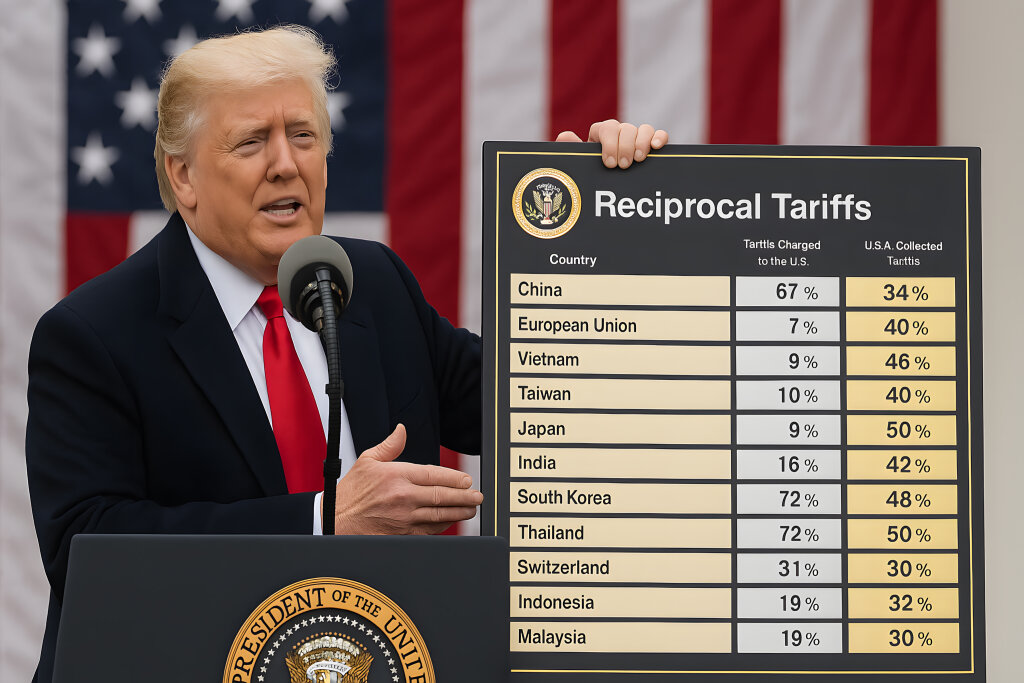
Two family-owned American toy companies, Learning Resources and hand2mind, have urged the Supreme Court to fast-track their challenge to President Donald Trump’s tariffs. They want the justices to quickly determine whether the administration exceeded its authority by unilaterally launching a global trade war.
Since President Trump resumed office in January, his shifting tariff policies have created uncertainty for businesses and consumers about the future costs of imported products. The companies want the Supreme Court to bypass a pending appeal in the DC Circuit Court and address the core legal questions this year.
President Trump has invoked the International Emergency Economic Powers Act (IEEPA), a 1977 law giving presidents the power to regulate imports under certain conditions, to impose tariffs. However, a lower court ruled that the law does not grant broad authority to raise global trade barriers without limits.
The toy companies argue that the tariffs’ widespread impact and the administration’s “unfettered tariffing power” cannot wait for the usual appellate process.
In April, President Trump imposed a 10% universal tariff on most goods entering the U.S., alongside higher tariffs targeting China. Even if the courts overturn these tariffs, Trump may still use other legal avenues to impose duties, though these come with more restrictions.
Parallel Legal Battles and Political Stakes
In a separate lawsuit, a coalition of small businesses and a dozen states claimed that Trump had overstepped his authority by relying on IEEPA for tariffs. A federal court in New York agreed with them, threatening to halt Trump’s trade policies and sending shockwaves through global markets.
The administration appealed and secured a pause on that court order, keeping tariffs in place while the case moves forward.
The Supreme Court is expected to eventually resolve these legal questions. The toy companies’ appeal is a bid to accelerate that timeline.
The companies say the tariffs have dramatically raised effective rates to the highest levels in more than a century, reshaping the U.S. economy and global trade policy while adding hundreds of billions of dollars in costs to American consumers.
They warn that this level of tariff authority under IEEPA was never intended by lawmakers.
A Department of Justice spokesperson said the administration will “continue to vigorously defend President Trump’s agenda to confront unfair trade practices in court.”
What The Author Thinks
The rapid imposition and fluctuation of tariffs under the guise of emergency powers highlight the need for clearer legislative limits on executive authority in trade policy. While protecting domestic industries is vital, leaving such sweeping power unchecked risks destabilizing markets and burdening consumers with unpredictable costs. Congress must step up to ensure that trade tools are used transparently and with proper oversight.
Featured image credit: Marco Verch via CCNull
For more stories like it, click the +Follow button at the top of this page to follow us.
